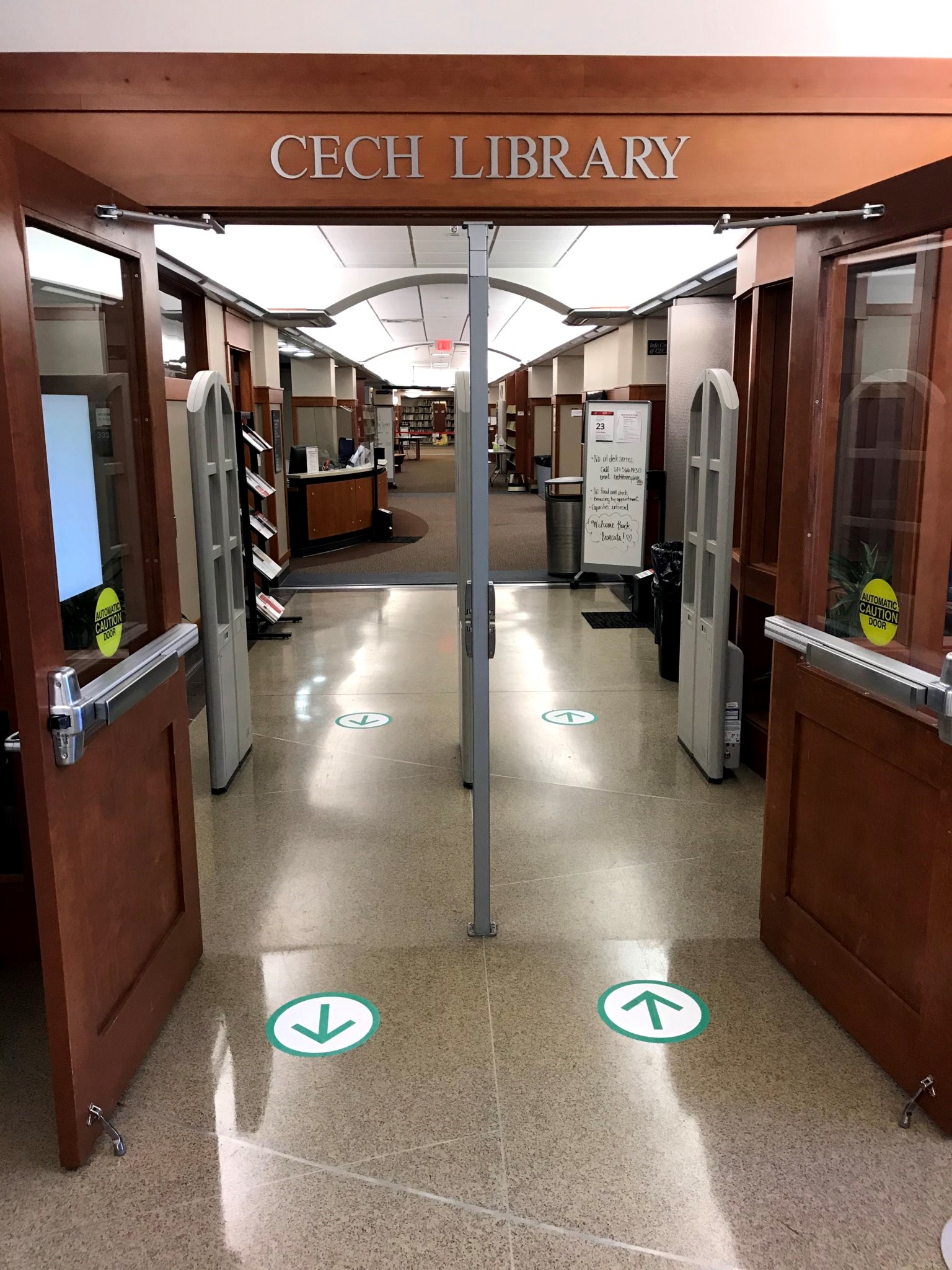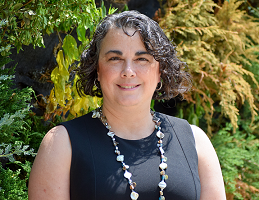UC Libraries will be closed Monday, Jan. 18 for Martin Luther King, Jr. Day . The libraries will resume normal hours on Tuesday, Jan. 19.
Want to read up on Martin Luther King, Jr., his impact and legacy? Check out these library resources.

UC Libraries will be closed Monday, Jan. 18 for Martin Luther King, Jr. Day . The libraries will resume normal hours on Tuesday, Jan. 19.
Want to read up on Martin Luther King, Jr., his impact and legacy? Check out these library resources.
 The New Book Spotlight highlights new-to-us titles in the the UC College of Education, Criminal Justice, and Human Services (CECH) Library
The New Book Spotlight highlights new-to-us titles in the the UC College of Education, Criminal Justice, and Human Services (CECH) Library
Lovely War / written by Julie Berry / 2019
A mix of historical fiction, romance, and mythology, Lovely War sees Greek Gods narrating an emotional story of two relationships, two wars, and the power of love. Accused of unfaithfulness by Hephaestus, Aphrodite has the chance to avoid trial by the Gods and tell the story of four mortals during WWI and the transcendence of love. It tells the story of James, a young British man drafted to serve in the army in France, falling for Hazel, a young and hopeful pianist. It also spans the story of Aubrey, a black soldier and ragtime pianist with Colette, a singer from Belgium who lost her family in Dinant. Showing perspectives on racism, sexism, mental health issues, and the tragic nature of war, Berry does an excellent job in incorporating the historical aspect during the time period, as well as the heart-wrenching circumstances young adults faced during the time. Topping my favorite books of 2020, Lovely War was an excellent and timeless read, showing the importance of hope, humanity, and friendship perfect for any young reader.
Lovely War is available from CECH Library, as well as the OhioLINK and Search Ohio lending networks.
Review by Alyssa Gruich, CECH Library Student Assistant | Political Science, A&S 2022
The CCM Library faculty and staff welcome you back to Spring Semester 2021!
The CCM Library is open and ready to support your work for the semester.

The UCBA Library space will be closed until in person classes begin on Monday, January 25, 2021; however, the following services and support will still be available Monday-Friday, 10am-3pm.
Beginning Monday, January 25th the library space will reopen from Monday-Friday, 10am-3pm. The remote services and support above will continue to be available in addition to in person services and support (e.g. equipment returns/pick-ups, Click and Collect) as well as study room reservations.
Clermont College Library is excited to kick off this Spring semester even as the strangest of times continues. Here are some highlights of what to expect:
 Welcome back, Bearcats, to spring semester 2021!
Welcome back, Bearcats, to spring semester 2021!
Check the Libraries website for any spring semester service updates and for operating hours by location. With limited exceptions, there remains no browsing of library materials in the stacks. The Click & Collect retrieval and pickup service allows UC users to request printed library materials in the Library Catalog for pickup at designated locations. CHAT and email reference services are available to answer any question.
UC Libraries remains open and available online to provide users with access to library resources and services.
Have a productive, successful and safe semester.
 At a virtual ceremony held Wednesday, Dec. 15, Liz Scarpelli, director of the University of Cincinnati Press, was awarded a Staff Excellence Award for her work starting the Press and also for her commitment to the university and to the Next Lives Here philosophy.
At a virtual ceremony held Wednesday, Dec. 15, Liz Scarpelli, director of the University of Cincinnati Press, was awarded a Staff Excellence Award for her work starting the Press and also for her commitment to the university and to the Next Lives Here philosophy.
Her nominator noted her work on the development of the Toward Open Access Monograph Ecosystem (TOME) review committee and the creation of the first-ever regional university press/publisher information technology Development Tech Exchange. Moreover, she is committed to improving the academic mission of UC by directly recruiting, consulting and supporting faculty authors on all three of its campuses. “In just a few short years, UC Press has already published three TOME funded books, placing UC in the top 20% of all participating publishers. But that’s not all. During this short time, under Liz’s direction, the University of Cincinnati Press has already cranked out scholarly books, a textbook and journals!”
“My work in Cincinnati over the last three years has been rewarding. To be acknowledged from individuals outside the publishing world, specifically by my own university, is indeed an honor. This acknowledgement signals to me that a university press is not only of value to the institution, but is also able to move university initiatives forward while maintaining integrity and rigorous peer review within the American University Presses core values, service-oriented Library Publishing and the innovative University of Cincinnati model. I am excited that our unique model has created 12 published books, a pipeline of 50 projects and six academic journals authored by scholars from both within and outside of the university. While this award is being presented to me, I am grateful for the support of everyone on the Press’s board for their continued support and advice, the authors who believe in us, my colleagues in UC Libraries, our dean Xuemao Wang and my staff at the Press, Mark Konecny, Sarah Muncy and Sean Crowe, who work tirelessly to make these books–open access and otherwise–come to fruition,” said Liz of the honor.
The Staff Excellence Awards ceremony was emceed by Chris Collins, chair of the Staff Senate, and Heidi Pettyjohn, incoming chair of Staff Senate, with remarks from President Neville Pinto, Provost Kristi Nelson and Bob Ambach, senior vice president for administration and finance. In addition to Liz, five other UC Libraries’ staff members received nominations: Michael Alfieri, Dean Bachelder, Ben Kline, Yu Mao and Rebecca Olson.
Congratulations, Liz!
The University of Cincinnati Libraries Annual Progress Report, this year completely online, covers July 2019 through June 2020, an academic year that started off normally, but in the spring would be disrupted in ways never thought possible because of the Covid-19 pandemic.
Fall semester was business as usual with students, faculty, researchers and staff accessing our facilities and resources for research and study, or simply to grab a cup of coffee between classes. Librarians and staff provided instruction on how to find the best research materials, offered reference assistance, collected and made our collections available and collaborated with faculty and researchers to translate information and data into knowledge. The usual activities in the library would come to a sudden halt spring semester.
This year’s report reviews how we responded to the Covid-19 pandemic, but it also celebrates our numerous accomplishments, highlights new special collections and library exhibits, spotlights the achievements of our faculty and staff and provides usage stats and financial information.
As the semester and 2020 come to a close, we wish you warm wishes for the holiday season. May the new year bring you health, harmony and joy.